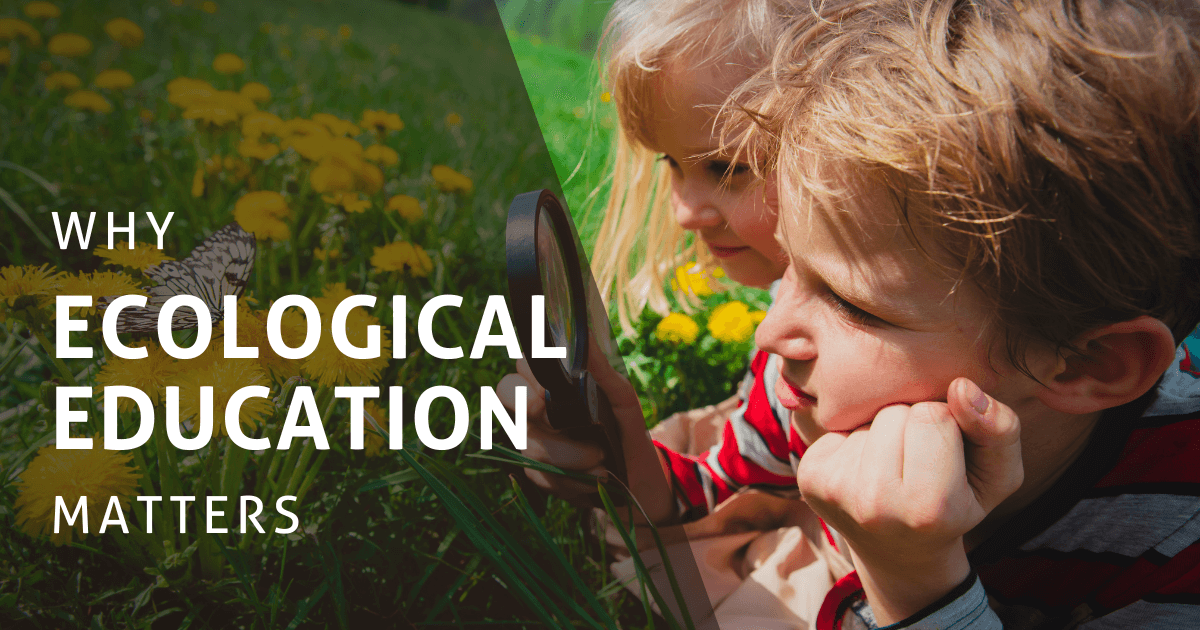As educators, our role is not just to impart knowledge. Teaching should also nurture responsible citizens who can tackle global challenges—one of which is our changing climate. In the face of a shifting environment and economy, Ecological Education (or EcoEd) is more important than ever. However, many traditional educational models do not include robust Eco Education. These models don’t prepare students to address the complex issue of climate change. In this white paper, we discuss where traditional models fall short and explain why Ecological Education matters. We explore the need for a shift to exploratory learning and the formation of what we call an “Ecological Mindset". Our model of EcoEd offers a holistic approach to learning by integrating ecological principles into teaching practices.
At its core, our model of EcoEd revolves around three fundamental principles: interdependence, diversity, and beauty. Like in natural ecosystems, interdependence fosters collaboration and support in school communities. This interconnectedness, both in Nature and in schools, is enhanced by diversity. Diversity enriches learning experiences and promotes empathy, preparing students to thrive in both local and global communities. Finally, beauty serves as a catalyst for creativity, well-being, and environmental stewardship. These EcoEd principles serve as guiding ideas for a sustainable future. By embracing these principles, educators can design learning experiences that instill in students a deep appreciation for the environment and a sense of responsibility towards our Earth.

Our Eco-Education framework spans developmental stages from elementary through high school. Across all grades, students will experience project-based exploration and cross-curricular approaches through EcoEd. This comprehensive format means educators can integrate EcoEd into any subject, from computer science to the arts. As students experience EcoEd, they will develop an understanding of sustainable systems and make connections across different subjects. Because EcoEd is a holistic framework for learning, its principles align with the Head, Heart, Hands (3H) model to ensure balanced intellectual, emotional, and kinesthetic growth in students. This way, no matter the field of study, educators can use Ecological Education to create learning experiences that inspire curiosity, creativity, and critical thinking.
EcoEd offers a comprehensive approach to education that equips students with the knowledge, skills, and values needed to create a sustainable future. EcoEd is not just about teaching environmental concepts; it's about nurturing a mindset of sustainability. Together, we can cultivate a generation of eco-literate citizens who are committed to preserving and protecting our planet for generations to come. If you’re interested in learning why Ecological Education matters to us (and should matter to you), we encourage you to download the white paper or contact the Eduporium team. Follow us on Twitter and Instagram for more on STEM education and EcoEd in K–12 schools as well.



